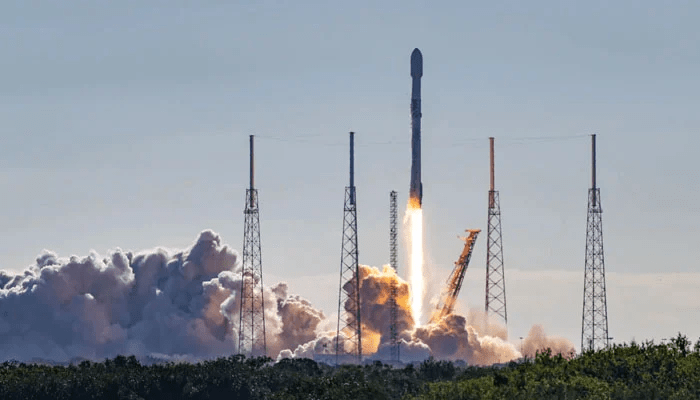Literally speaking, India’s venture into satellite monitoring is taking off. India is collaborating with SpaceX on a plan to launch its first indigenously built spy satellite in April of this year, which will be a major advancement in its space capabilities. The TATA Advanced Systems (TAS) Limited-built satellite will increase India’s surveillance and reconnaissance capabilities by being added to the fleet of radar imaging satellites (RISAT).
Operating out of Bengaluru, Karnataka, the new satellite will be vital to keeping an eye on military targets and infrastructure while maintaining operational secrecy. It is said to be able to monitor the “Line of Actual Control” with the Chinese border in great detail thanks to its ground resolution of about 1.64 feet (0.5 meters). The expanding involvement of the private sector in India’s space initiatives is highlighted by the selection of TAS for satellite assembly, integration, and testing by the Indian Space Research Organisation (ISRO) and two other private businesses.

With this partnership with TAS, ISRO is collaborating with a private company for the first time on this magnitude, opening doors for more partnerships and opportunities in the satellite manufacturing sector. With a plant in Bengaluru that can produce 25 satellites a year, TAS’s satellite production capabilities are expected to help not only India’s space program but also its defense and aerospace industries.
Moreover, friendly states may benefit from sharing TASL’s satellite imagery, which would improve cooperation in surveillance and reconnaissance activities. This breakthrough is noteworthy because it strengthens India’s strategic autonomy in space-based surveillance by lowering its dependency on intelligence data from outside sources.

Apart from the spy satellite launch, Indian space technology is becoming more and more impressive as seen by the recent successes of ISRO in launching the Polarimeter Satellite (XpoSat) and the INSAT-3DS meteorological satellite. These advancements establish India as a major player in the international space arena and highlight its dedication to developing its space capabilities for both scientific research and national defense.


